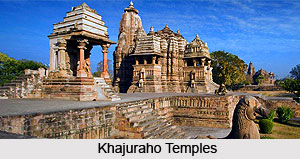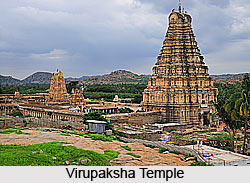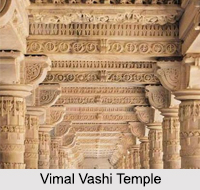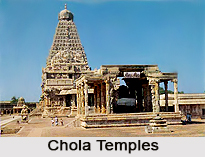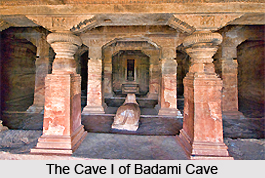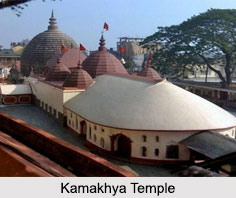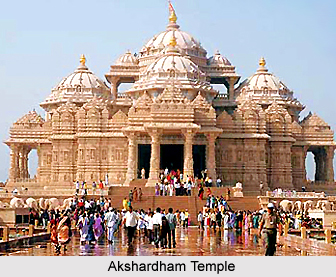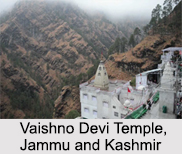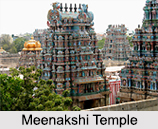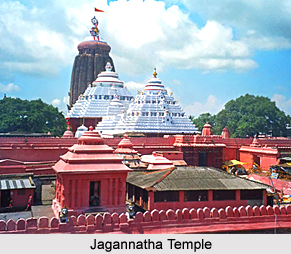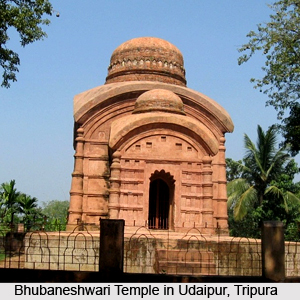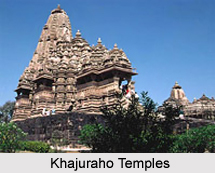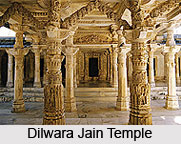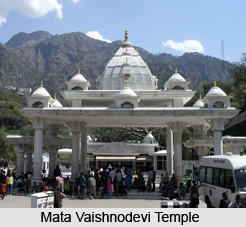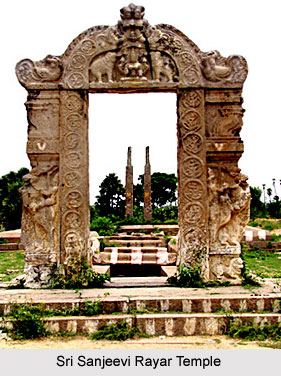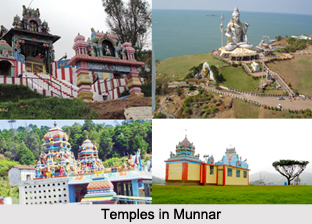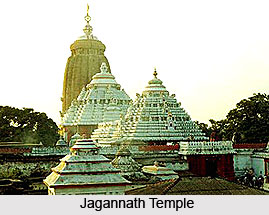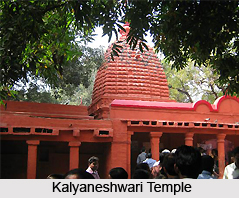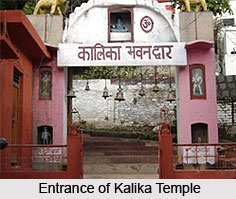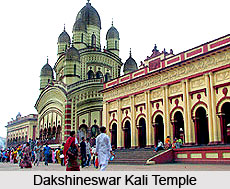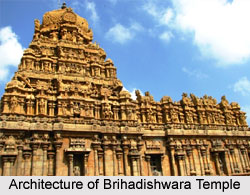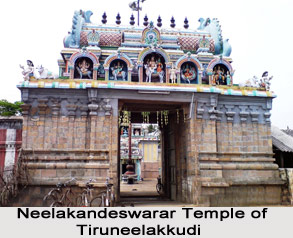 Tiruneelakkudi Temple is a Hindu temple located at Tiruneelakkudi in the Thiruvidaimarudur taluk of Thanjavur district of Tamil Nadu. The temple is dedicated to Lord Shiva. The temple is also popularly known as the "Neelakandeswarar Temple". The presiding deity is locally referred as "Neelakandeswarar". The stone form of Lord Shiva which is also known as the Shiva Linga has miraculously appeared on its own for which it is known as "Swayambhu".
Tiruneelakkudi Temple is a Hindu temple located at Tiruneelakkudi in the Thiruvidaimarudur taluk of Thanjavur district of Tamil Nadu. The temple is dedicated to Lord Shiva. The temple is also popularly known as the "Neelakandeswarar Temple". The presiding deity is locally referred as "Neelakandeswarar". The stone form of Lord Shiva which is also known as the Shiva Linga has miraculously appeared on its own for which it is known as "Swayambhu".
Apart from Lord Shiva, God of Rain i.e. Lord Indra is also worshiped here. There is a natural spring here where Lord Shiva is worshipped. The antiquity of the temple goes back to more than 2000 years.
Legend of Tiruneelakkudi Temple
As per Hindu legend, when the celestial deities "Devas" and demons "Asuras" were churning the "Ocean of Milk" for "Ambrosia", poison emerged first. Shiva consumed the poison, but his wife Parvati held his throat as he was consuming it. It is believed that Shiva got the name "Neelkantha" from then on. Parvati anointed Shiva with oil in this place to relieve Neelkantha of his pain. The practice of anointing the lingam in the temple continues in modern times where the whole oil is consumed by the image.
The lingam in the front hall of the central shrine is believed to have been worshipped by Lord Brahma, the Hindu god of creation, to relieve him of the sins committed while coalescing with celestial dancer Urvashi.
Rishi Markandeya wanted to lengthen his longevity. Lord Narada advised Markandeya to worship Shiva in Tiruneelakkudi which he meticulously followed. The Lord appeared before him and asked him of his desire. Markandeya told the Lord his wish and got the eternity of longevity. Markendeya is believed to have worshipped the deity by carrying him in palanquin to attain long life.
Kamadhenu, the holy cow that emerged out of churning the Ocean of Milk, is believed to have worshipped Neelkantha in this place to relieve itself of its curse from her master sage Vashista.
Festivals at Tiruneelakkudi Temple
A 15 days of Brahmotsavam is celebrated during Chithirai month (April-May). Rishi Markandeya initiated this festival. All these days, the deity is taken in procession to 18 nearby villages. Apart from this Deepavali, Pongal and New Year days of both Tamil and English calendars are observed as important festival days in the temple.
